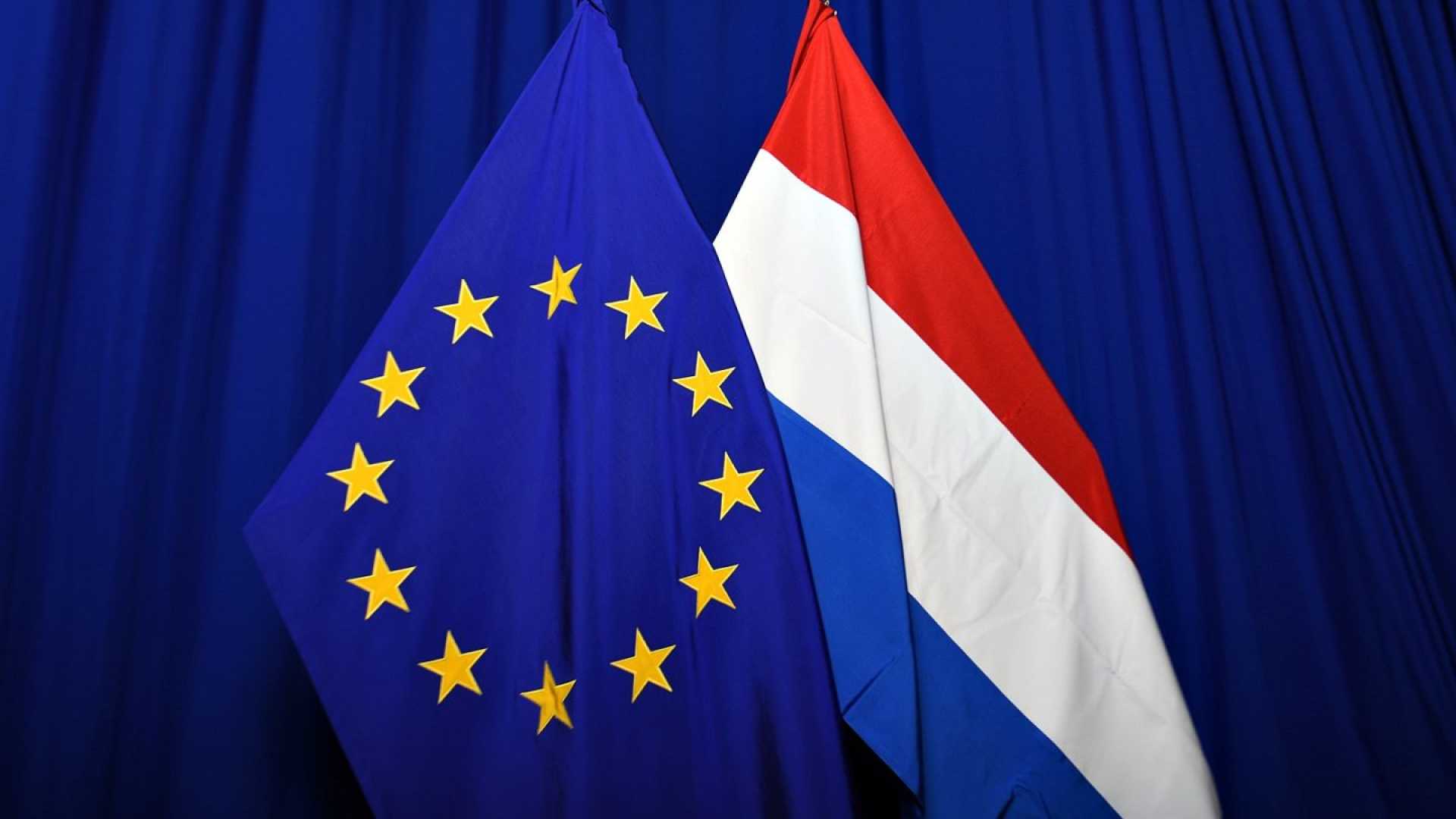World
Pressure Mounts on Netherlands for Stricter Asylum Policies Amid EU Changes

THE HAGUE, Netherlands — Pressure is intensifying on Asylum Minister Marjolein Faber to advance the implementation of stricter asylum laws in the Netherlands. As neighboring countries tighten their immigration measures, experts are raising concerns about the legality and implications of the Netherlands’ current stance.
Mark Klaassen, an assistant professor in migration law, discussed these issues in a recent interview with the Dutch newspaper ‘de Telegraaf.’ He pointed out that the Netherlands is lagging behind countries like Austria, Poland, and the Czech Republic, which have already enacted more stringent asylum policies. “These measures include restrictions on family reunification and the admission of asylum seekers to detention centers,” Klaassen noted.
Efforts in other EU countries reflect a growing trend to portray a tough stance on immigration. “There is a clear interest among these nations to demonstrate that they are among the most stringent countries in the EU,” Klaassen added. This trend poses significant legal questions about the rights of asylum seekers.
Reports from Bild, a German newspaper, indicate that Germany may be exploring new cooperative arrangements with other EU nations while sidelining the Netherlands. This could further isolate the Dutch asylum framework in an evolving European context.
Despite public outcry for changes, Klaassen warns that the legal and political hurdles to adopt stringent asylum policies are considerable. “Measures such as ending family reunification could face legal challenges in courts,” he said. “A country must substantiate that there is a clear threat to national security to justify such actions.”
He cautioned that if countries like Austria and the Czech Republic advance their plans without adhering to EU safeguards, there could be long-term repercussions. “If Member States could simply bypass the protections established by EU law, the consequences would be far-reaching,” he stated.












